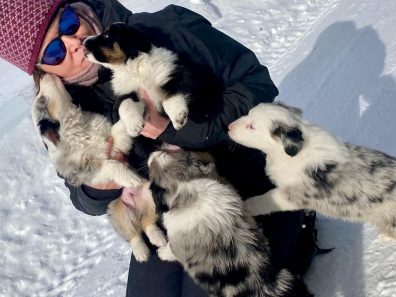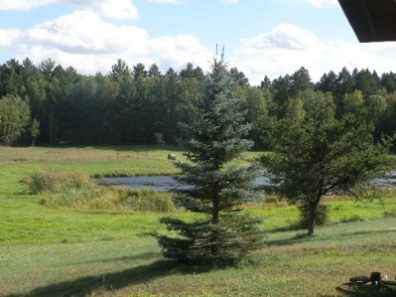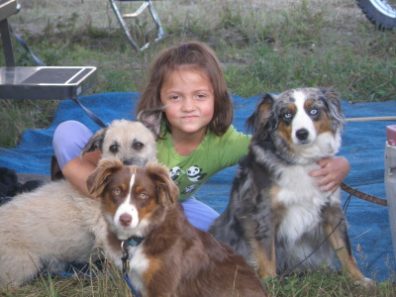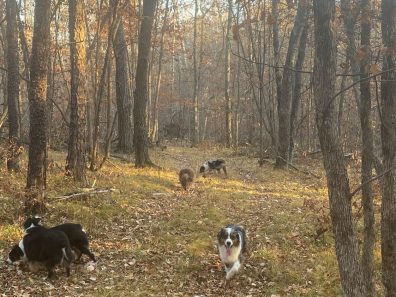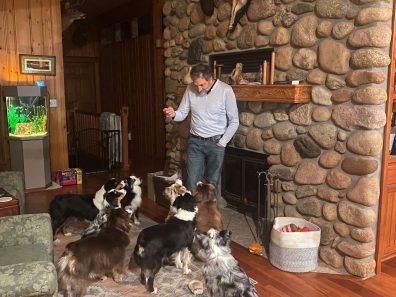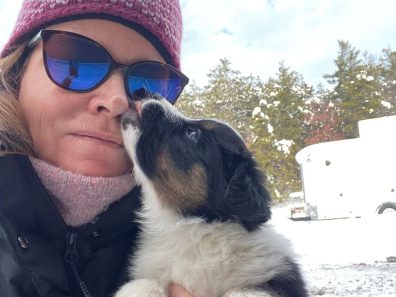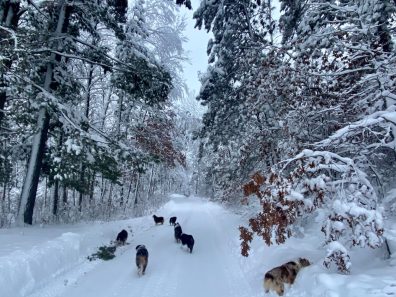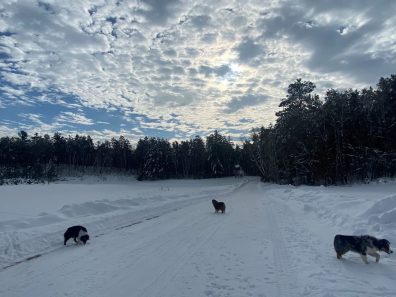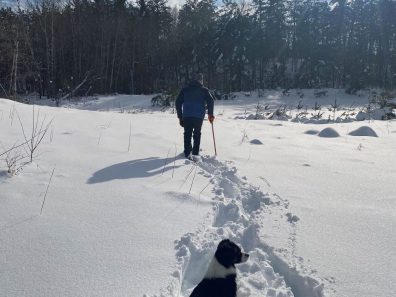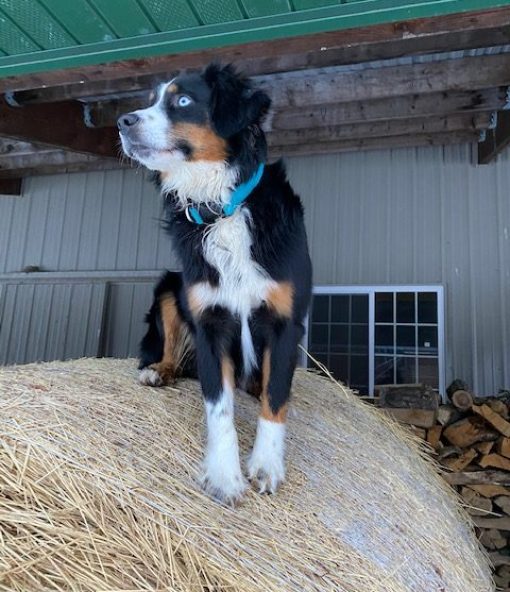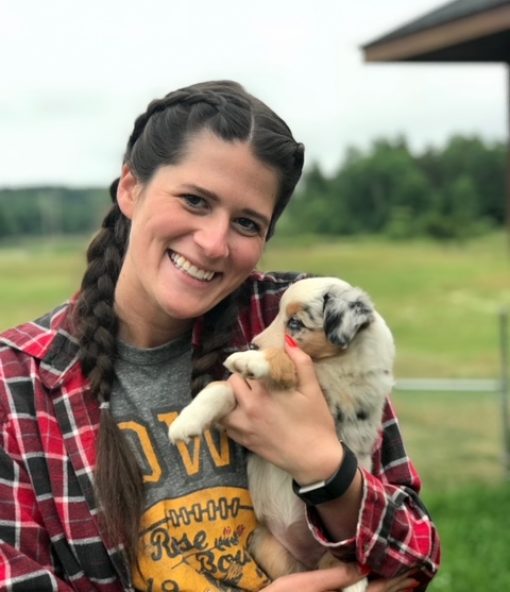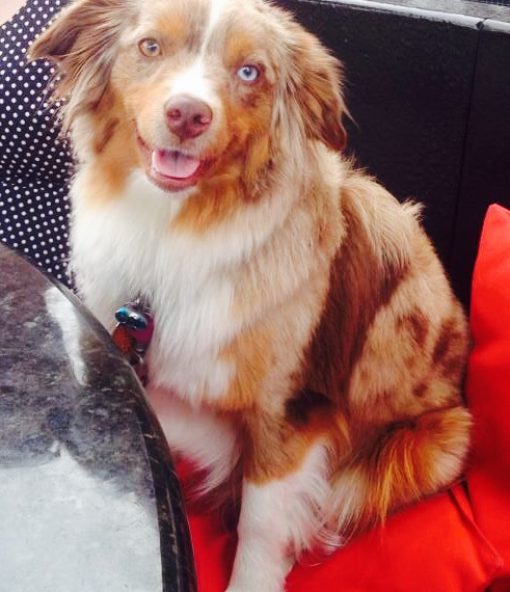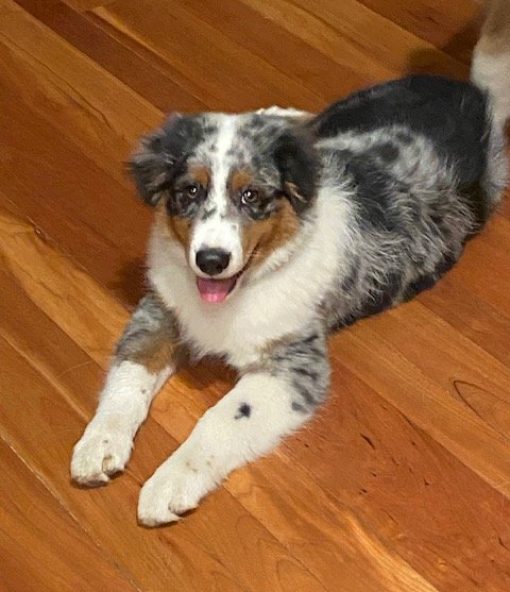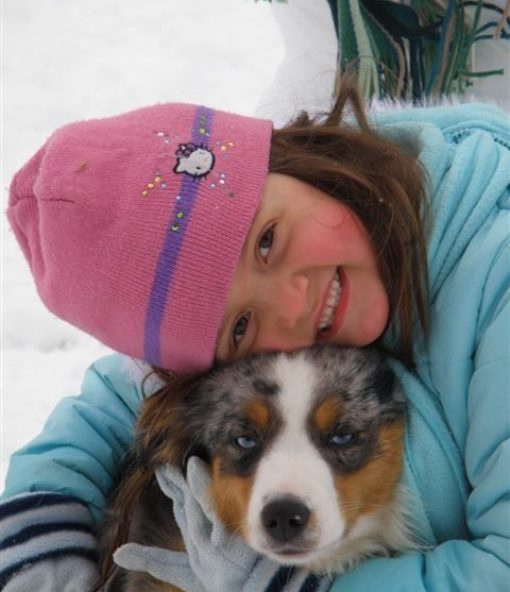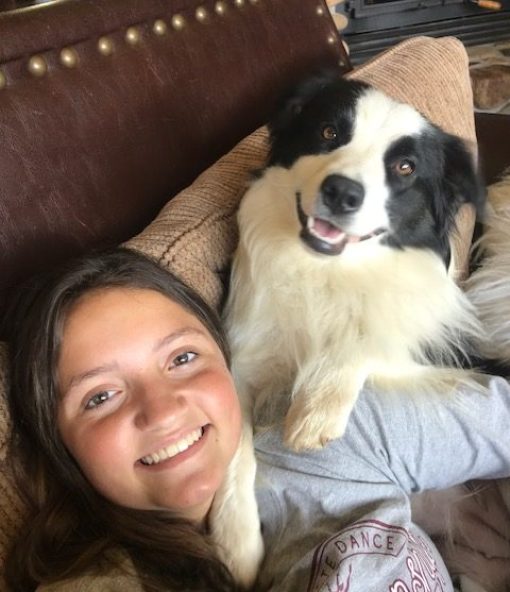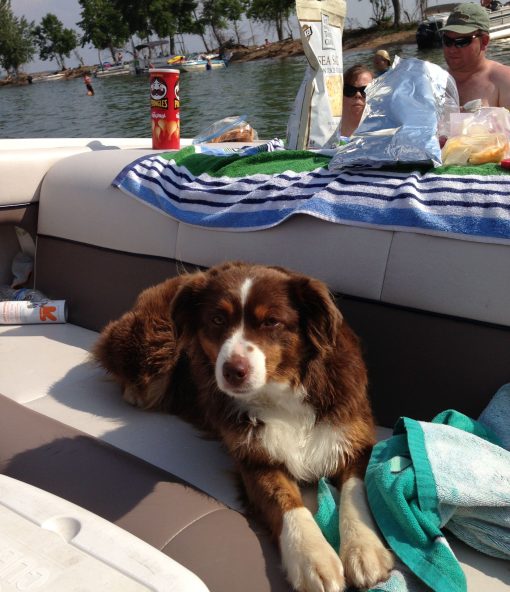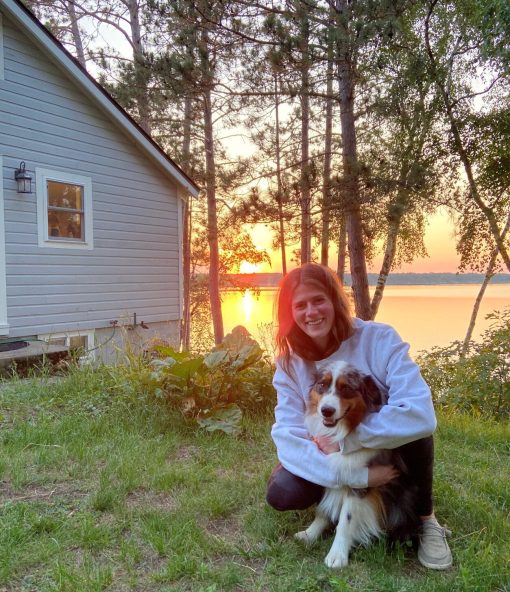About Us
"A dog is the only thing on earth that loves you more than he loves himself..." -Josh Billings
Our Story
I have been an animal nut for as long as I can remember. Indoor and outdoor pets have ranged from the garden variety of cats and dogs to horses, chickens, lizards, snakes, hamsters, chinchillas, and guinea pigs, and of course, the goldfish or two. But by far my favorite are dogs, with horses being a very close second.
Amy Nelson
FAQs
MAS are herding dogs by nature. They are enthusiastic, affectionate, athletic and super smart. This combination of traits means MAS are equally adept in the show ring, in obedience trials, working sheep, in fly ball, in therapy work and everywhere in between. They are hard workers and the herding instinct is still intense. MAS make great family pets because they are very tolerant of kids, make a gentle playmate, tend to stick close to home and they are incredibly loyal. They do often choose a favorite in the family and are most loyal to them. Like any good working dog, a well-bred MAS can be a bit reserved with strangers. These dogs do have a bit of natural aggression that is addressed through socialization and appropriate handling as a puppy. Consequently, if raised in a kennel setting without socialization, MAS can be anti-social or overly protective. Through personal experience, I recommend buying from a breeder that handles the dogs regularly and exposes them to different environments and situations suitable to their age. MAS do not do well if they are stuck in a kennel. You and your dog will be happier with exercise and playtime and lots of people interaction every day. MAS can be great in any kind of environment. They just want to please you and be near you – a lot!
Definitely! MAS are very devoted to their people. They enjoy and need to be involved in, family activities. They are gentle with children, good with other pets, and easily trained. But as the Australian Shepherd has a strong working heritage, MAS often do best in families willing to spend time providing obedience training, exercise and who permit the dog to be part of the family. The standard calls for a dog of “strong herding and guardian instincts” and a “reserved” temperament. Because MAS tend to be extremely loyal to their families, not all should be expected to be outgoing toward strangers. Early socialization is extremely important in the Miniature American Shepherd, as well as continued socialization as they mature.
Absolutely! They are herding dogs, historically used to aid ranchers working livestock in a variety of situations. Their natural instinct remains strong, and MAS are well known for their intelligence, eagerness to please and trainability. Not only do they respond well to obedience training but it is highly recommended in order to direct their natural herding ability and inquisitive minds.
Hip Dysplasia, a crippling defect of the hip joint, has been recognized in almost every single breed of dog and is found in MAS. Most breeders perform radiographs and seek certification from the Orthopedic Foundation of America (OFA) or Penn HIP. It is necessary that all breeders cooperate in the effort to certify breeding stock in order to secure a successful future of the MAS.
Deciding between a male or female pet is often an important decision for future dog owners. Of course, there are pros and cons for each, and the decision becomes a matter of preference. One important point to consider is that any pet that is kept simply as a pet, and not for breeding purposes, should be spayed or neutered. Many of the behaviors exhibited in males and females can be diminished and easily addressed with training when spaying and neutering a pet. Spaying and neutering your pets greatly decreases their chances for various types of cancers while improving certain undesirable behaviors such as territorial marking. In the long run, spayed and neutered pets live longer and healthier lives.
It is important to note that while some behaviors are more prominent in one gender or the other, both males and females will exhibit the same behaviors at some point in their lives. For example, males have a greater reputation for territorial marking than females, but females will mark their territory if they feel threatened. However, there are a few general ideas that people use as guidelines when choosing between a male and female.
Females are not as likely to mark their territory, which can make them slightly easier to housetrain. One drawback of female pets is that they tend to be very independent, which means they may like to have time alone, and they might not always want to be touched when you want to pet them. They can also be very stubborn, making training a bit more challenging. Also, remember that female pets that have not been spayed can go into heat every six months. This means messes to clean up around the house and keeping the pet confined so that other males in the neighborhood do not visit too often.
Males are more prone to marking and aggressive behavior, but neutering can greatly reduce these behaviors. Un-neutered males have a tendency to roam if there is a female in heat nearby. One of the benefits of owning a male animal is that they are typically more dependent on their people than females. This often makes them more affectionate toward people. Male dogs have a tendency to be more eager to please during training, so they can be slightly easier to train.
Choosing between a male or female dog is really just a matter of preference. Generalizations can be made about each, but like humans, every animal is different. They all have their own personalities, and while some exhibit typical behaviors, others do not. Whether you choose a male or female, training is essential for it to be a valuable part of the family. Dogs have to be taught what is expected of them, just like children. Behaviors that show dominance or aggression can be altered with training. Because dogs are pack animals, they need to know their place in the pack. Until they learn their place, they may test you or your family members to see who the leader of their pack is. Choose the animal that is right for you, but be ready to invest the time in training it to ensure a good relationship with your pet.
The Fine Print
I am always available to you, before and after adoption, to answer any of your questions about your puppy, from the simplest to the complex. If I don’t have the answer, I will do my best to find it!

